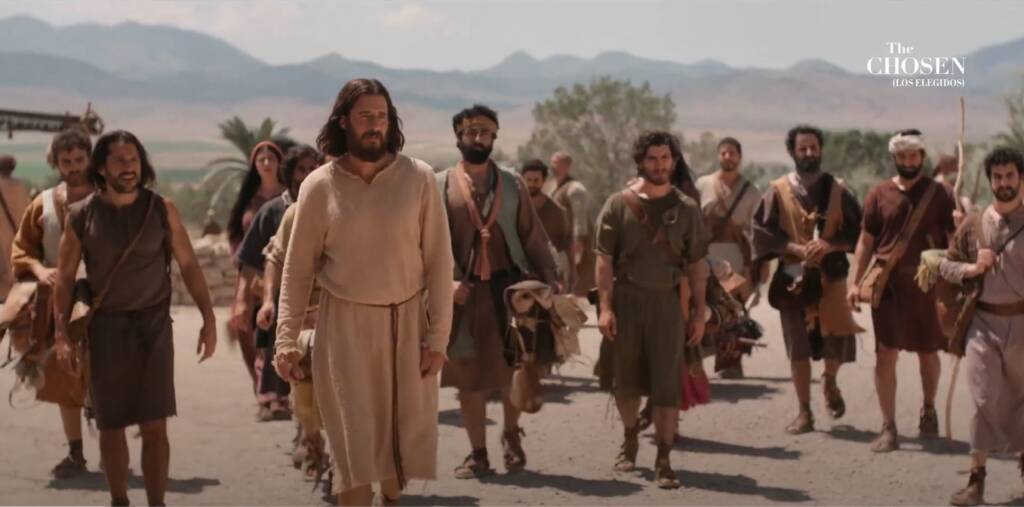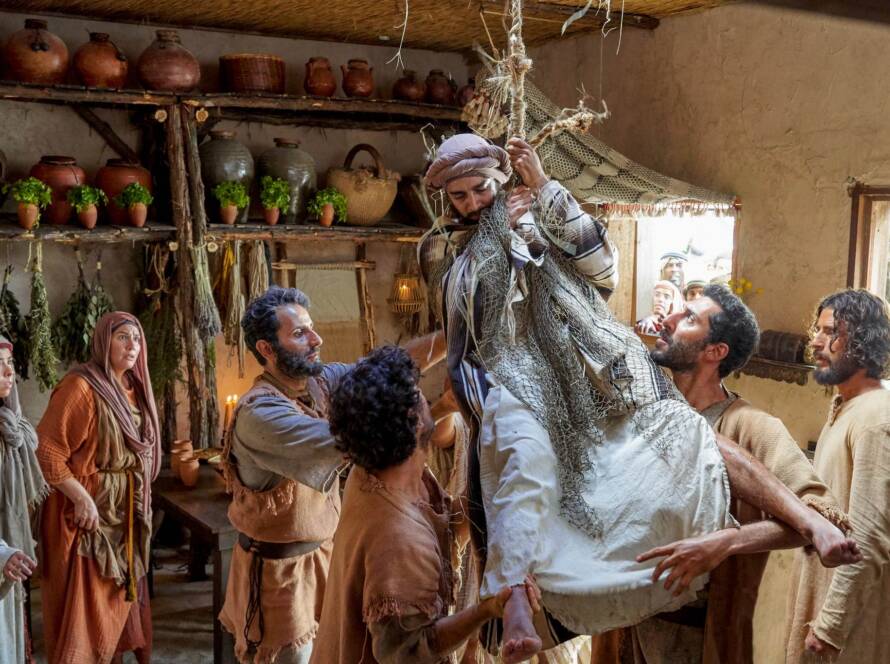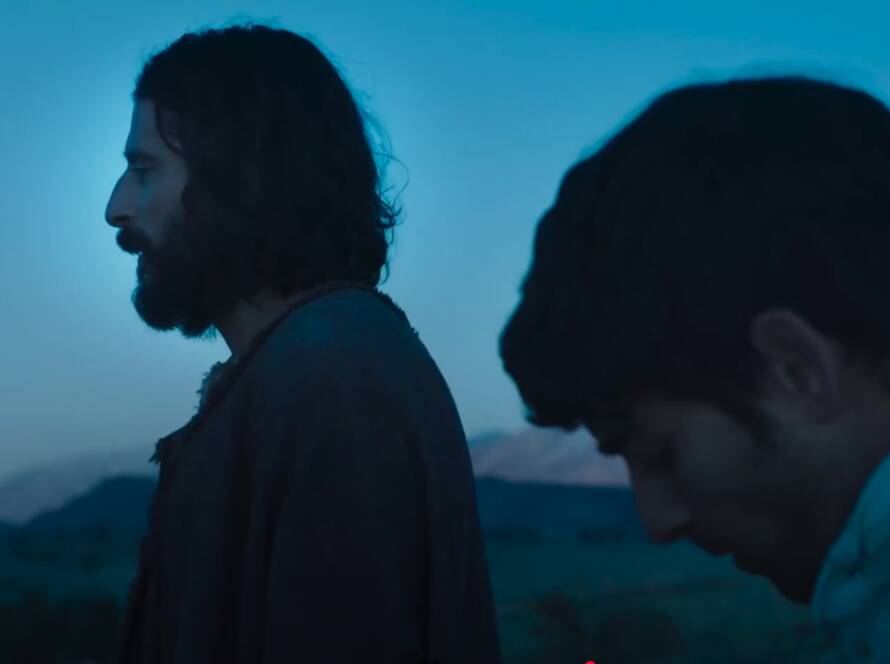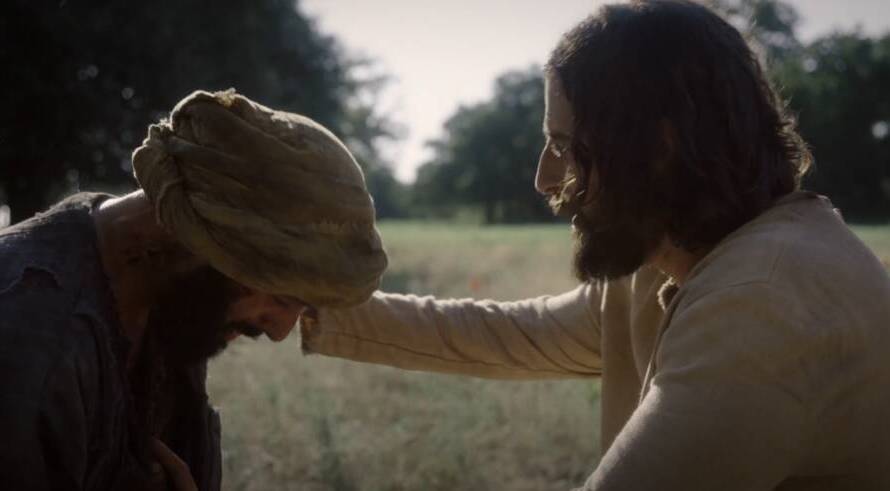Jesus, the Resurrection and the Life: A Conversation with Martha
One of the most moving and significant passages in the New Testament, John 11, presents us with the account of Lazarus’ death and the profound conversation between Jesus and Martha, his sister. It is in this encounter that Jesus pronounces one of his most transcendent declarations: “I am the resurrection and and the life.”
The scene unfolds in Bethany, a village near Jerusalem, where Lazarus and his sisters Martha and Mary, close friends of Jesus, lived. When Lazarus falls gravely ill, his sisters send an urgent message to Jesus, hoping He will come to heal him. However, Jesus delays his arrival, and Lazarus dies.
When Jesus finally arrived in Bethany, Lazarus had already been in the tomb for four days. Martha, grieving and heartbroken, went out to meet him. With a mix of faith and reproach, she said to him, “Lord, if you had been here, my brother would not have died.” This phrase reflects her belief in Jesus’ power, but also her pain at his apparent absence in their time of need.
It was then that Jesus, in a moment of deep compassion and revelation, responded to Martha with words that would resonate through the centuries: “Your brother will rise again.” Martha, understanding this in a future, eschatological sense, replied, “I know he will rise again in the resurrection on the last day.” She understood the Jewish hope in a general resurrection at the end of time.

But Jesus goes beyond this understanding. He isn’t talking about a future, distant resurrection, but a present reality, embodied in Himself. With divine authority, He declares to her: “I am the resurrection and the life. The one who believes in me will live, even though they die; and whoever lives by believing in me will never die. Do you believe this?”
This declaration is the heart of the passage. Jesus doesn’t just promise resurrection; He identifies Himself as the source and essence of life itself, overcoming even death. He is the guarantee that those who believe in Him, though their bodies die, will find eternal life. Jesus’ final question to Martha, “Do you believe this?”, is a personal invitation to faith, to accept this profound truth about His identity and power.
Martha’s response is a testament of faith, despite her pain: “Yes, Lord; I believe that you are the Christ, the Son of God, who is to come into the world.” She confesses her faith in Jesus not just as a healer, but as the promised Messiah, the Son of God.
Shortly after, Jesus demonstrates the truth of His words by raising Lazarus from the dead—a miracle that not only reaffirmed His divinity but also served as a powerful sign of His power over death and a prefiguration of His own resurrection.
The passage in John 11, with Jesus’ declaration to Martha, is a fundamental pillar of Christian faith. It teaches us that Jesus is the source of life and victory over death. For those who believe in Him, death isn’t the end, but a transition to the eternal life He Himself offers. It invites us to a deep reflection on our own faith and hope in the promise of resurrection and life in Christ.





